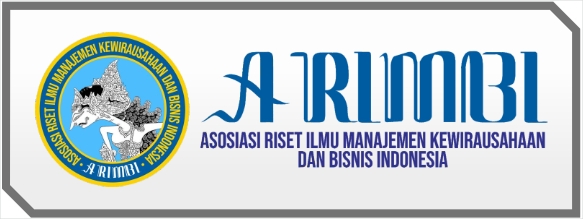The Effect Of Jub, E-Money And Bi 7Day Reserve Repo Rate On Inflation Rate
Keywords:
Money Supply, E-Money, BI 7-Day Rate, Inflation, VECMAbstract
This study aims to analyze the effect of money supply (JUB), e-money transactions, and the BI 7-Day Reserve Repo Rate on the inflation rate in Indonesia in the period 2012 to 2021. The background of this research is based on the increasing use of non-cash transactions and the dynamics of monetary policy in maintaining price stability. The method used in this study is the Vector Error Correction Model (VECM) to measure the short-term and long-term relationship between variables. The analysis shows that JUB and e-money have a positive influence on inflation in the long run, while BI 7-Day Rate has a negative and significant effect on inflation. Simultaneously, the three variables show a significant relationship with inflation, indicating the importance of controlling monetary instruments in maintaining price stability in Indonesia. This study contributes to the understanding of the role of payment system innovation and interest rates in controlling national inflation.Downloads
Published
2024-07-05
How to Cite
Katarin Putri Hartati, & Rangkuty, D. M. (2024). The Effect Of Jub, E-Money And Bi 7Day Reserve Repo Rate On Inflation Rate. TRANSACTION : Journal of Taxation, Accounting, Management and Economics, 2(3), 1–6. Retrieved from https://journal.arsilmedia.com/index.php/TRANSACTION/article/view/99
Issue
Section
Articles
License
Copyright (c) 2024 TRANSACTION : Journal of Taxation, Accounting, Management and Economics

This work is licensed under a Creative Commons Attribution-ShareAlike 4.0 International License.















